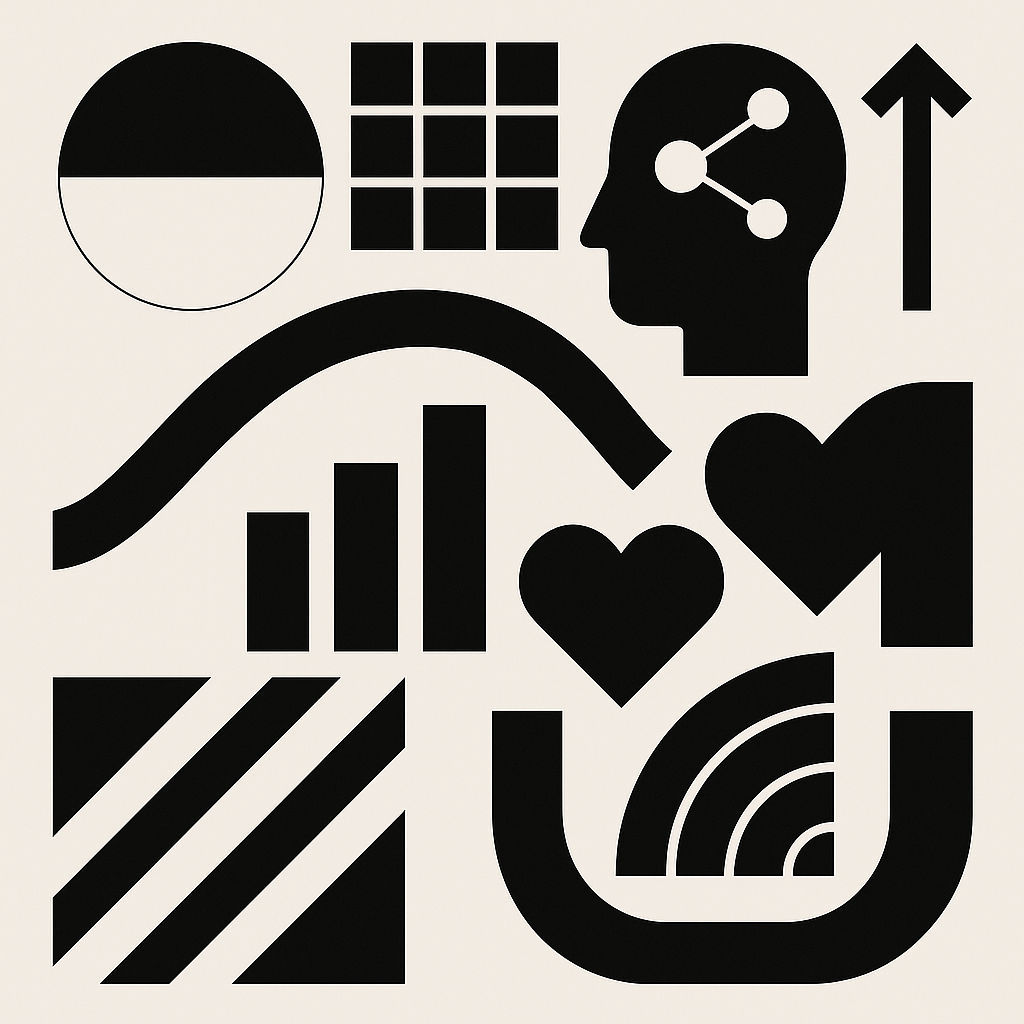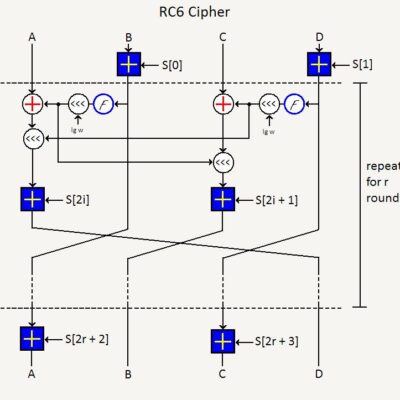The NHS’s new 10‑Year Health Plan for England is ambitious, radical and long overdue. It pledges to move from reactive care to proactive prevention, to decentralise bureaucracy in favour of local, patient‑centred treatment, and to replace analogue processes with digital‑first services. As technical strategically enabled analysts working in procurement, I see this as a pivotal moment requiring our skills, insights and empathy.
Our role goes beyond purchasing. We translate raw data into insight, design digital pathways and explore the ripple effects of procurement choices. In the past, procurement meant just securing the lowest price. Today, our focus is on adding value through frameworks, robust data governance and predictive models, sentiment analysis that align with strategic outcomes.
Artificial intelligence and advanced analytics are vital. By building demand‑forecast models, visualising spend profiles, measuring supplier performance and assessing contract risk, we help procurement teams drive innovation and support the NHS’s ambition to become an AI‑enabled health system.
Digitisation lies at the heart of the plan. We design evaluation frameworks for digital marketplaces, smarter onboarding systems, single sign‑on and contract‑management platforms. Through performance indicators and compliance dashboards we can quantify time saved, reduce procurement cycles and build transparency into our systems.
The corporate, commercial setting of procurement demands more than standard sourcing. We negotiate complex commercial terms with suppliers, structure data‑licensing agreements, and craft incentive schemes that mirror patient benefit indicators. We analyse cost‑benefit data, model ROI scenarios, and collaborate with legal and product experts to ensure contracts protect NHS interests while promoting innovation.
To make AI work in procurement we must upskill ourselves. We need data fluency, statistical literacy, knowledge of model governance and a strong ethical compass. The tools we use must be transparent, equitable and aligned with public service values. We also need ongoing learning systems to detect bias or model drift, and to adapt our contracts based on performance.
The benefits are clear. The hype is real. Faster processes, smarter sourcing, outcome‑focused contracts and a procurement function that drives transformation. We become architects of digital empowerment across the NHS, supporting everything from app‑based consultations to national‑scale AI infrastructure.
In short, procurement is no longer just about buying. It is about shaping systems, ensuring technical rigour and building ecosystems that put patients and staff first. By embedding AI and analytics into procurement, we will support the digital‑first NHS and help shift the system from treating sickness to preventing it. The hard work starts now.
Technology is powerful, but only when guided by skilled human analysis, strong governance and thoughtful process. It is time for technical analysts in procurement to claim their place at the heart of NHS transformation.
Here is a top-level timeline that an NHS Trust could adopt, structured around major procurement milestones aligned with the 10-Year Health Plan and digital transformation agenda:
| Year | Key Milestone / Objective | Procurement Focus |
|---|---|---|
| 2025 Q3–Q4 | Finalise annual procurement cycles and budgets | Aligning FY24/25 & FY25/26 budgets (April–March cycle) |
| 2026 | Launch digital and IT framework contracts | Issue bids via G‑Cloud/Digital Marketplace and NHS tech frameworks |
| 2027 | Deploy digital marketplace and onboarding systems | Implement single sign-on, supplier portals and contract-management tools |
| 2028 | Roll out unified patient digital records | Support NHS App upgrades and single-record infrastructure |
| 2029 | Contract robotics and AI tools for clinical/admin tasks | Include robotics and AI process automation clauses |
| 2029–30 | Expand wearable and home monitoring procurement | Scale national frameworks for wearables and remote monitoring devices |
| 2030 | Launch outcome-based supplier contracting | Transition to contracts with KPIs aligned to patient outcomes and ROI |
| 2031–33 | Maintain supplier performance analytics | Regular audits, model drift monitoring and compliance checks |
| 2034 | Consolidate digital infrastructure | Optimise spend and renegotiate framework contracts |
| 2035 | Review and renew strategy | Align future procurement strategy with NHS success in prevention, digital, community shifts |
How to use this timetable
By mid‑2026, aim to issue and secure major digital/IT frameworks, ensuring tools like G‑Cloud and NHS Shared Business Services are leveraged effectively.
2027–2028 is the implementation phase—establishing marketplace platforms, onboarding AI-enabled contract management, and enabling digital patient-centric systems.
2029–2030 marks a shift to innovation-heavy procurement: robotics in theatres, supplier contracts that reward outcomes, and sourcing wearables and AI diagnostics.
2031–2035 focus on continuous monitoring, audits, contract renewals, and aligning procurement levers to final outcomes of the 10-Year plan.
This timeline positions the Trust to move from strategic planning, through implementation, and into continuous refinement. Each phase supports the commercial procurement responsibilities, budget setting, tendering, contractor evaluation and performance management.
Organisations like NHS North of England Commercial Procurement Collaborative (NOE CPC) can play a vital role in this timeline. As an NHS‑owned framework host, NOE CPC offers expert commercial and collaborative procurement support, running accredited frameworks for areas such as Healthcare Services & Pharmacy, FM, Property & Business Services and Professional services. Trusts can leverage NOE CPC’s resources to access compliant contracts, streamline sourcing, share analytical expertise and harness economies of scale. This ensures each Trust is supported because procurement is no longer just about buying. It is about shaping systems, ensuring technical rigour and building ecosystems that put patients and staff first. By embedding AI and analytics into procurement, trusts together with partners like NOE CPC can fully support the NHS’s shift from sickness to prevention.
To find out what the next decade of health and care looks like, read Fit for the Future: 10 Year Health Plan for England.








